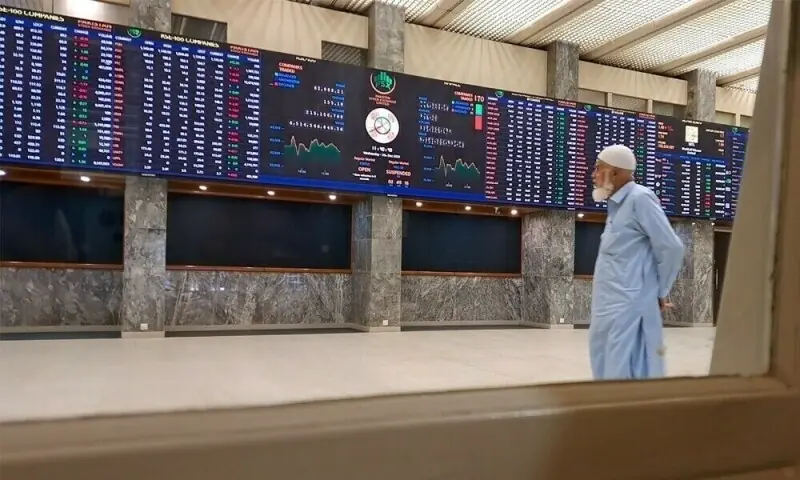Copyright stabroeknews

The recent tragic bombing at the Mobil Gas Station on Regent and King streets, which claimed the life of young Soraya Bourne, has brought home to Guyanese the grim reality of terrorism. What many once regarded as distant—confined to the pages of international news or television reports from the Middle East—has now reached our shores. The Venezuelan criminal organization R Sindicato reportedly announced its presence following the attack, according to law enforcement statements. This revelation has understandably caused many Guyanese to look more closely at the influx of Venezuelan migrants who have crossed into Guyana, ostensibly fleeing severe economic hardship in their homeland. Such concerns are neither misplaced nor exaggerated. However, violent attacks are only one arm of a broader, more complex phenomenon. Terrorism today transcends the conventional image of bombs and guns. It now encompasses industrial, economic, social, and political forms that first emerged between the 1960s and 1980s, as well as the modern technological crimes of the 21st century. Cyberterrorism, in particular, has become a potent new weapon for ideological and criminal actors whose motives and clients often cross national boundaries. In Guyana, several patterns of economic and social behaviour may bear the hallmarks of these evolving forms of terrorism, though they often appear in subtle and systemic ways. Empathy for Venezuelan migrants is both natural and justified. Guyanese can relate to their suffering, having once endured similar hardships. Indeed, Venezuela served as a refuge for many Guyanese during the 1970s and 1980s. Yet, given the gravity of recent developments, it is essential to examine closely the underlying structures of criminal activity that appear to be forming concentric circles of influence within Guyana’s economic and social landscape. Such developments could have far-reaching implications for national security. Economic irregularities demand equally close scrutiny. This newspaper has previously raised concerns about the proliferation of Chinese-owned supermarkets across Guyana—specifically, how these enterprises are being financed. Official silence has only deepened public suspicion. In 2023, law enforcement authorities intercepted a family at the Cheddi Jagan Inter-national Airport carrying a large sum (notably in mixed currency), allegedly linked to the same supermarkets. Recently, President Irfaan Ali introduced a nine-point plan aimed at addressing capital flight and the depletion of foreign exchange reserves. Yet many observers noted that his plan appeared to shift responsibility onto legitimate local business owners rather than tackling the deeper structural issues at play. Within days following the President’s plan, the Ambassador of China to Guyana advised Chinese nationals to “open local bank accounts”—a seemingly routine statement that nevertheless raised eyebrows. Her recommendation appeared to lend credence to suspicions about how these enterprises manage and transfer capital within Guyana’s economy. Meanwhile, the government has remained largely silent—perhaps wilfully so. As Bob Marley once sang, “What is hidden in the dark must come to light.” Reports have also surfaced of clandestine cambios operated by Chinese supermarket owners who facilitate remittance services for Venezuelans. These activities raise several red flags: first, these entities are not registered to provide such financial services; second, their operations deplete Guyana’s foreign exchange reserves; and third, they may represent only the visible tip of a much deeper underground economy. The critical issue is that hard currency is being illegally exported from Guyana—something the authorities must not ignore. While the government’s introduction of E-ID security features is commendable, additional safeguards are needed to protect Guyana’s financial and institutional frameworks from external exploitation. For example, all foreign nationals should be properly registered and made aware of the nation’s laws, while unauthorized economic activities must be prohibited and penalties applied consistently and transparently. At the same time, remittances must be contextualized within humanitarian boundaries. Many Venezuelans in Guyana are the primary breadwinners for families in distress across the border. Legal mechanisms—perhaps through bilateral or third-party arrangements—should be established to formalize these remittance flows. Such measures would ensure the retention of hard currency within Guyana’s economy and, more critically, prevent these financial channels from being co-opted by criminal networks such as R Sindicato and their affiliates. Securing the homeland, therefore, requires a balanced approach—one that combines compassion with vigilance, humanitarian empathy with institutional resilience, and open borders with strong internal oversight. In short, Guyana must preserve both its security and its humanity in a world where the boundaries between crime, commerce, and terrorism are becoming increasingly blurred.



